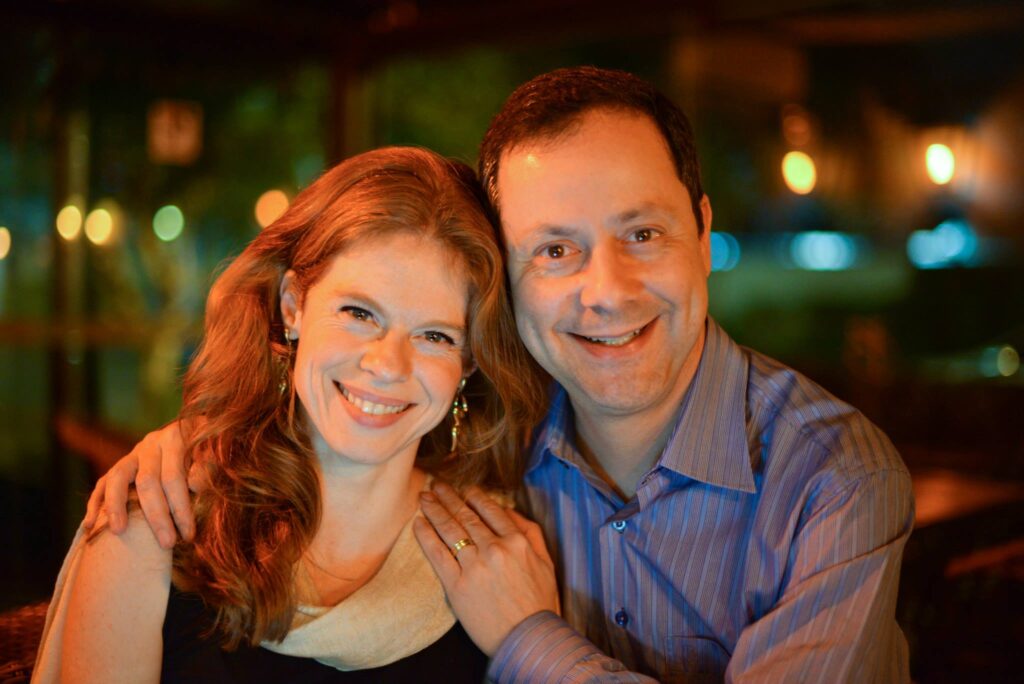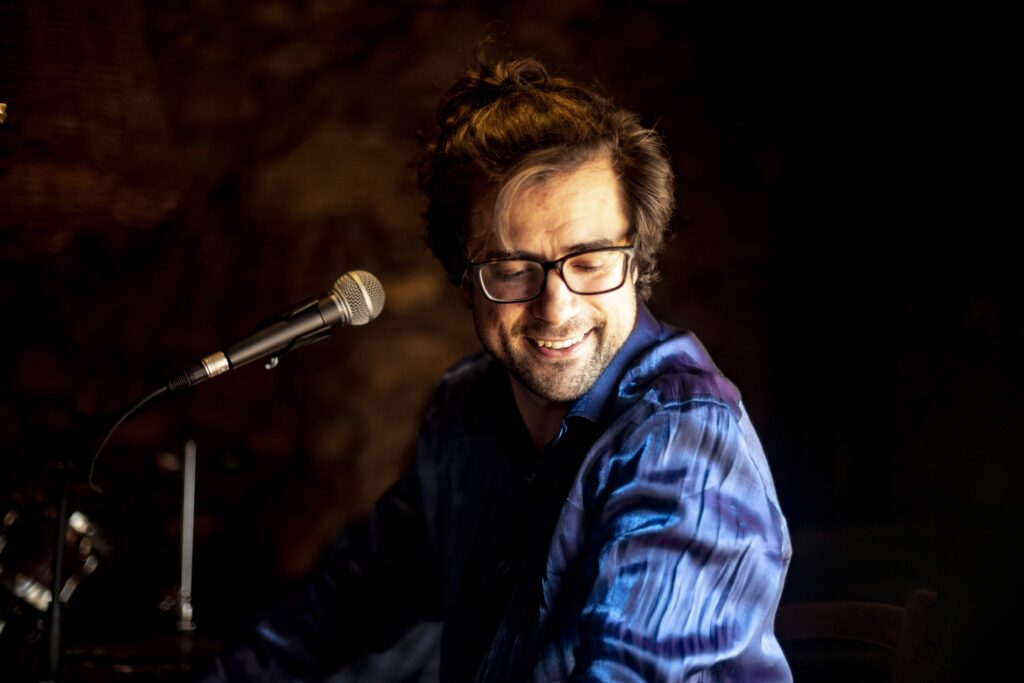
When the sage points at the moon, the fool looks at the finger.
Our lessons are based on the understanding of music and careful sound planning.
Musical and instrumental techniques are taught directly in the repertoire, formed by original works of great composers.
We develop musical perception with recordings of renowned interpreters and in the student’s own performance, making them independent from the teacher when verifying their work.
We guide the development of musical personality, searching for unique interpretations that respect both the piece and the interpreter.
We offer opportunities to participate in masterclasses, events, recitals, and contests—the best way to build a mature repertoire and feel relaxed in public.
Our teachers have distinct teaching techniques and are performers with solo careers, often emphasising chamber music. They combine appropriate training, extensive hands-on experience, and a passion for sharing it all with our students.
Here, we create art with respect, commitment, creativity, and plenty of fun.
Learn about our piano courses

Creating music is a powerful way to reconfigure the world.
At PianoClass, our philosophy regarding music creation begins with the belief that sonic creativity can be nurtured and explored by anyone, regardless of their technical or theoretical knowledge of music.
Guided by this principle, our music creation classes are designed with a curriculum that starts from the students’ own compositions, delves into other repertoires and knowledge proposed by the teacher, and always returns to the students’ creative process.
The methodology of these classes can be understood as a spiral around the student’s creative process, where the teacher assumes simultaneous roles of instructor, companion, adviser, listener, and critic. He is sensitive and attentive to the student’s work, capable of sparking questions and provocations that guide them along new and interesting paths.
The tools used for musical creation vary for each student, typically consisting of scores, recordings, and/or improvisations.
Before each class, the instructor studies the student’s work and extracts points for discussion, often associating them with repertoire from other composers to bring diversity and cultural richness to the learning environment.
When technical obstacles are identified, the instructor proposes specialised teaching paths to the student, which may last for a determined number of classes: addressing musical notation, harmony, counterpoint, utilising technologies for musical creation, analysing specific musical styles, etc.
Over time, the student develops their own repertoire, engaging in a process of self-discovery through musical creation — one that can have a formidable impact on their activities, whether in a professional or amateur context.
